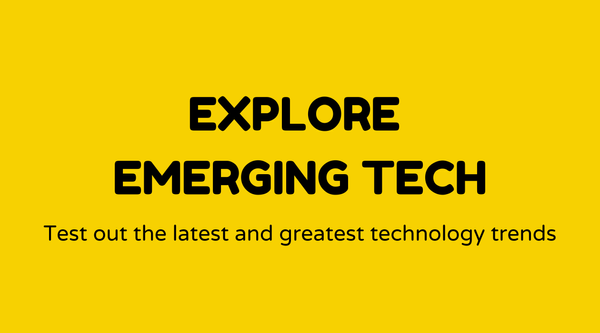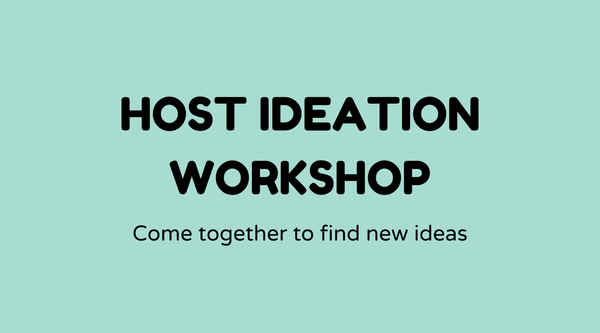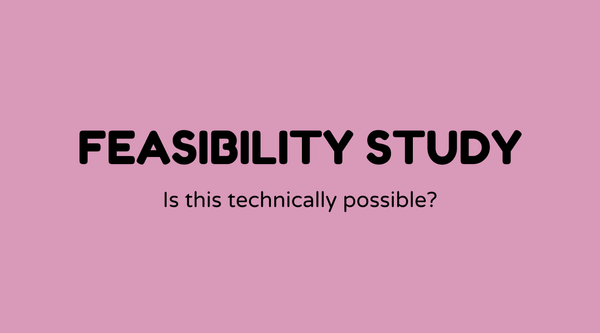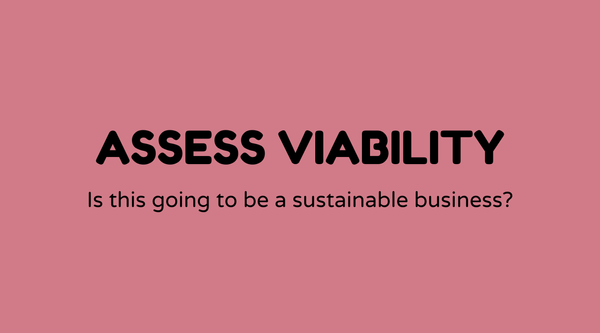Hypothesis Generation
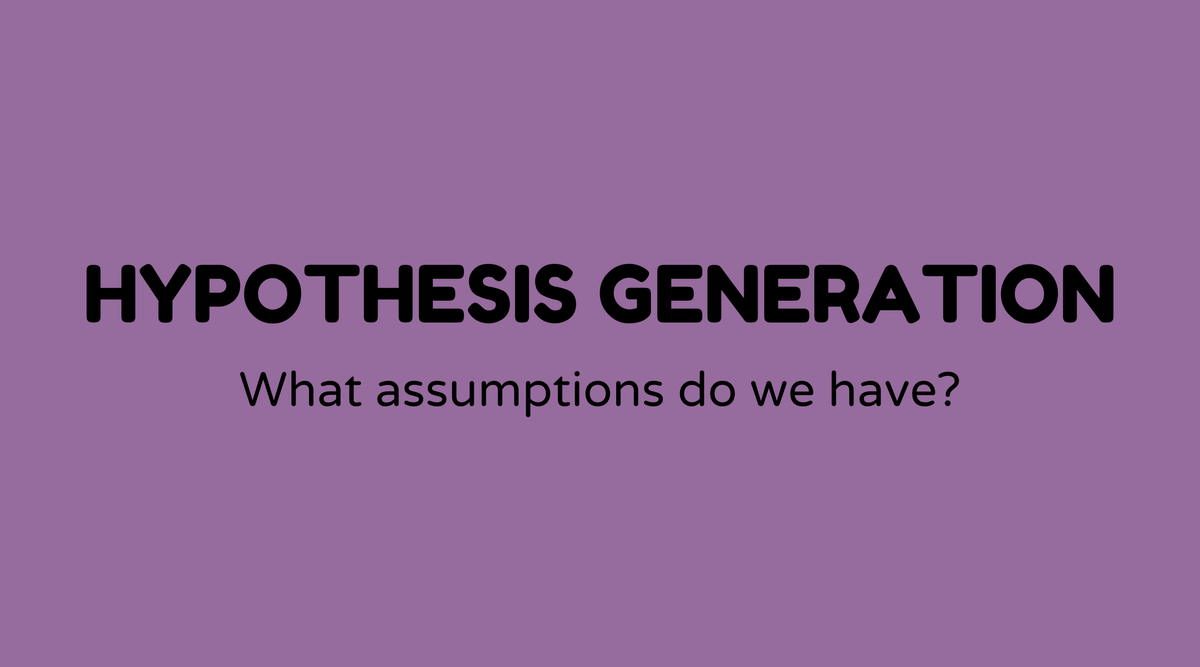
Overview of Hypothesis Generation Workshop:
Participating in a Hypothesis Generation Workshop is akin to discovering a hidden passage in the maze of product development. It establishes the basis for experimentation and is an essential step in the scientific method. These workshops assist teams in creating clear, testable hypotheses, allowing businesses to make informed choices. Whether you are an experienced expert or a curious newcomer, grasping the intricacies of hypothesis creation can shift the odds in your favor.
In many organizations, this kind of workshop helps unite individuals around a shared objective — developing sound hypotheses that enhance experimental outcomes. If you're eager to refine your problem-solving techniques, this workshop provides an excellent starting point.
Why Hypothesis Generation Matters:
You may question the significance of generating hypotheses — isn’t it merely guesswork? Not exactly. In the fields of product development and research, a well-structured hypothesis acts as the framework for experimentation. It aids teams in identifying assumptions, predicting outcomes, and establishing testing parameters. Formulating a hypothesis is a prerequisite for A/B testing, user research, and data analysis in effective product strategies. Moreover, these workshops promote innovative thinking while ensuring insights are derived from thorough, evidence-based experimentation.
Internal organizational data can be utilized when generating hypotheses, but it’s also important to consider broader industry trends. Platforms such as LinkedIn Learning and Coursera offer in-depth resources that enhance your hypothesis development skills.
What is Hypothesis Generation:
In simple terms, hypothesis generation is the skill of creating an educated assumption about a possible outcome based on existing data or observations. A hypothesis aims to establish a connection between variables — similar to a preliminary narrative that your research will validate or challenge.
Usually, a hypothesis comprises an independent variable (the presumed cause) and a dependent variable (the presumed effect). Crafting a testable hypothesis requires precision, as vague or overly broad assumptions can lead to ambiguous results. During a Hypothesis Generation Workshop, participants learn to identify key areas where hypotheses are essential and recognize likely variables involved.
Relevant keywords in this context include: assumption, testing, experimentation, variables, scientific method, data analysis.
How Do You Do Hypothesis Generation:
Generating hypotheses involves several steps:
-
Identify the Problem or Question: At the core of every hypothesis is a question regarding a consumer need or market trend.
-
Research and Gather Data: Use existing data to gain insights into the issue. Resources like Google Scholar can assist in finding relevant studies.
-
Identify Variables: Determine the independent and dependent variables that might influence the outcome.
-
Formulate the Hypothesis: Create a clear, concise statement predicting the relationship between the variables.
-
Test for Feasibility: Ensure your hypothesis can be assessed through experimentation or additional data analysis.
Through group exercises and team discussions, workshops provide a platform for practicing these steps in practical scenarios.
Sample Agenda of Hypothesis Generation Workshop:
Creating a solid hypothesis requires structure and teamwork. A sample agenda could be as follows:
-
Introduction (30 mins): An overview of hypothesis generation concepts.
-
Data Exploration (45 mins): Gather and discuss data sources.
-
Identifying Variables (45 mins): Define key variables for testing.
-
Crafting Hypotheses (1 hr): Formulate testable hypotheses in breakout sessions.
-
Review and Feedback (30 mins): Group presentation and critique of hypotheses.
-
Conclusion and Next Steps (30 mins): Discuss potential experiments and plans for data analysis.
Examples of Hypothesis Generation:
-
In Marketing: "If we increase the frequency of promotional emails, then customer engagement will rise."
-
In Product Development: "If we add a new feature based on user feedback, then user satisfaction ratings will enhance."
-
In UX Design: "If we adjust the layout of our homepage, then user retention rates will increase."
These scenarios demonstrate how a robust hypothesis provides clear guidance for future actions.
FAQs
What constitutes a good hypothesis?
A good hypothesis is clear, testable, and based on previous research or existing data. It includes both independent and dependent variables and predicts a specific outcome.
Can any type of data be used in hypothesis generation?
Yes, any relevant data can be utilized, including customer feedback, behavioral analytics, and market research insights.
What role does a facilitator play in a hypothesis generation workshop?
A facilitator ensures the workshop remains focused, guides participants through exercises, and encourages collaboration and creativity.
How many hypotheses should a team generate in a workshop?
It depends on the project's scope. Typically, two to three well-structured hypotheses provide a solid starting point for experimentation.
How can one assess a hypothesis?
Hypotheses can be assessed through experiments, pilot programs, or simulations, often beginning with small-scale testing before broader application.
Why is hypothesis generation essential for startups?
For startups, generating hypotheses helps identify key areas for innovation, reduce risk, and ensure resources are allocated effectively toward strategies with validated promise.
